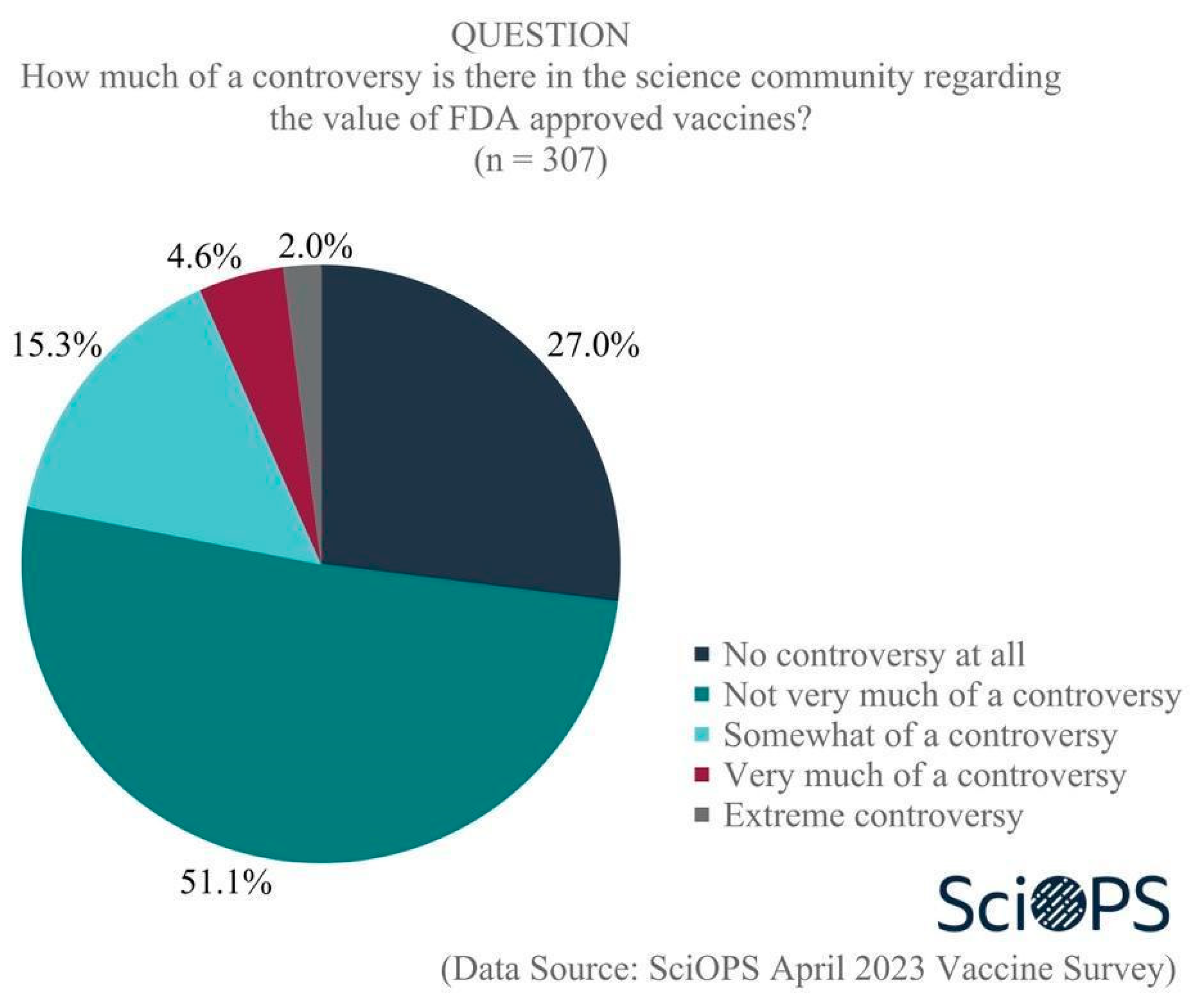Kennedy’s Radical Overhaul of Influential Vaccine Advisory Panel Raises Concerns
Robert F. Kennedy Jr. drew attention when he decided to dismiss an influential advisory panel related to vaccination at the Centers for Disease Control earlier this month. He asserted that his newly chosen panel members would restore faith in the subject of vaccine science. His assurance was based on the experts’ supposed ability for independent thinking and their dedication to fostering a culture rooted in rigorous investigation.
However, upon uncovering more information about the individuals Kennedy selected for his new panel, some revelations might raise eyebrows. Several of these newly appointed experts have established views that might stray from mainstream vaccine science – shocking, perhaps, unless one is acquainted with Kennedy’s own opinions.
As you delve deeper into the qualifications and beliefs of the chosen members, the journey might appear increasingly unexpected and potentially alarming. Among the eight new appointees, several figures have controversial standings regarding vaccinations. Let’s consider a few notable examples of the new panel’s makeup.
One of these appointees, Robert Malone, boasts a history of involvement in numerous vaccine-related legal confrontations. His presence on the panel adds an element of unpredictability considering his strong stances on different aspects of vaccine science.
Vicky Pebsworth, another member appointed by Kennedy, firmly attributes her child’s diagnosis of autism to the immunization shots administered during her offspring’s 15-month health check-up. Her conviction aligns with a debated viewpoint in the realms of medicine and vaccine research, casting a controversial shadow on the committee.
Martin Kulldorff, another appointee to this panel, has previously co-authored the provocative ‘Great Barrington Declaration.’ He has also participated in a lawsuit involving Merck’s Gardasil vaccine, adding more layers of complexity to his position as a panel member.
Another key figure in this assembly is Retsef Levi, who has openly advocated for an immediate halt on mRNA immunizations. His stance could potentially affect the panel’s decisions involving mRNA vaccines, raising concerns about the overall direction the committee might take.
Cody Meissner, another appointee on this panel, has publicly raised doubts about the necessity of COVID vaccines for healthy children. His perspective might conflict with widely accepted approaches to managing public health during the ongoing pandemic.
Joseph Hibbeln, despite being a seasoned nutritional scientist and an advisor in the seafood industry, does not appear to hold any explicitly vaccine-related expertise. This unusual choice of appointment raises further questions about the diversified perspectives characterizing the new panel.
Kennedy’s connection with a measles outbreak in Samoa, which resulted in the tragic loss of at least 83 lives, many being children, should not be forgotten. The incident ties back to decisions surrounding vaccines, further intensifying the scrutiny of his current reshuffling of the CDC panel.
These personnel changes point towards an attempt to overhaul one of the world’s most significant vaccine advisory panels with new members who harbor widely debated views on vaccination. The transformed composition of this influential group is drawing concerns from different corners of the public sphere.
There is growing apprehension that the newly-appointed panel might decline to endorse potentially lifesaving mRNA vaccines, irrespective of compelling supporting data. This potential shift in recommendations could vastly impact global public health approaches and strategies.
This unfolding scenario prompts a broader inquiry into the consequences of such radical shifts in advisory bodies. The balance between fostering critical debate and maintaining public trust in science is a delicate one to maintain.
The choices made by Robert F. Kennedy Jr. in forming this new advisory panel, while emphatic in promoting ‘independent judgment’ and ‘critical inquiry,’ might be viewed as a departure from conventional wisdom. This approach brings to the forefront a potentially transformative and contentious period for vaccine science at large.
This trending narrative serves as a reminder of the complexities and ambiguities inherent in the intersection of science, public policy, and personal beliefs. As unfolding events continue to shape the narrative, it is more crucial than ever for the public to stay informed, engaged, and critically aware.
The reconfiguration of this panel has the potential to significantly reshape current paradigms within the realm of vaccine science. The repercussions of the changes made today will ripple through future global health initiatives, emphasizing the critical role of judgement and expertise in influencing large-scale public health policies.



